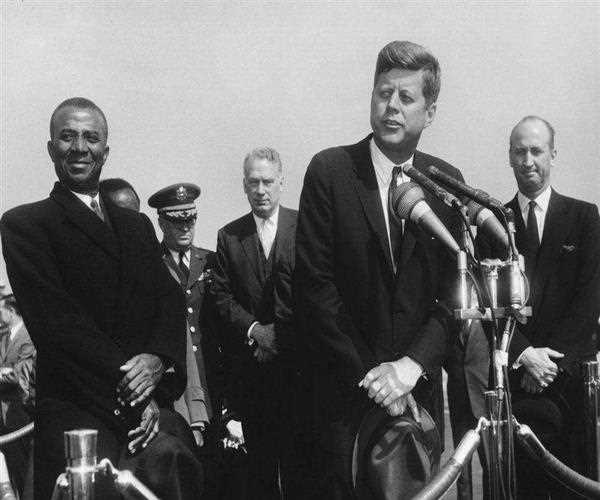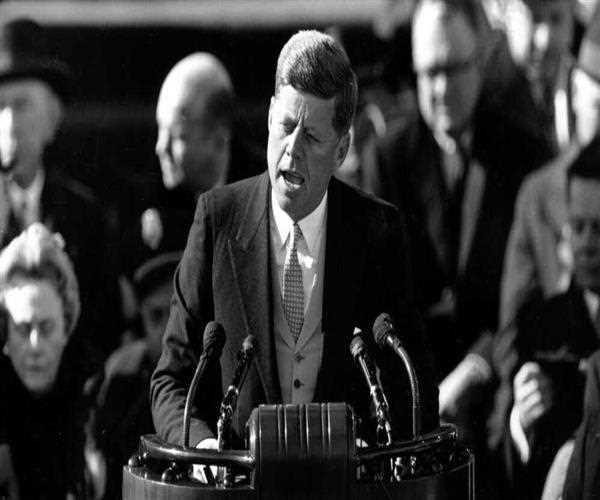An overview
Elected president in 1960, Kennedy had campaigned on an idealistic New Frontier platform. The president believed that by showing the world what a free and democratic society had to offer, the United States could ensure the defeat of Communism.

Presidency of Kennedy
Unfortunately, since Kennedy had taken office, the world had seen the negative side of America -- intolerance and oppression. Despite Constitutional assurances to the contrary, African Americans were treated as second-class citizens. They were frequently denied access to public facilities, prohibited from exercising their voting rights, and subjected to racist violence.
Kennedy pushed civil rights on many fronts. He ordered his attorney general to submit friends of the court briefs on behalf of civil rights litigants.
He appointed African Americans to positions within his administration, named Thurgood Marshall to the Second Circuit Court of Appeals in New York, and supported voter registration drives.
Kennedy vs. civil rights leaders
Kennedy's approach to civil rights was viewed, by civil rights leaders, as noncommittal. But the violence in Birmingham on May 3 of 1963 left him no choice but to alter his course.
The nightsticks, the police dogs, and the fire hoses had revealed a glimpse of what America could become. Unless Kennedy took a firm stand, the New Frontier might deteriorate into a bloody race war.

Read also: who-did-john-f-kennedy-run-against-in-the-1960-presidential-election?
Kennedy's assasination
Five months later, Kennedy himself was assassinated in Dallas, Texas. Comprehensive civil rights legislation had not yet passed.
Kennedy's failure to secure meaningful civil rights legislation was emblematic of other stalled domestic policy initiatives introduced by his administration.
His efforts to cut taxes and increase funding for education also died in Congress. At the end of his brief presidency, much of the bright promise of the New Frontier had yet to be fulfilled.